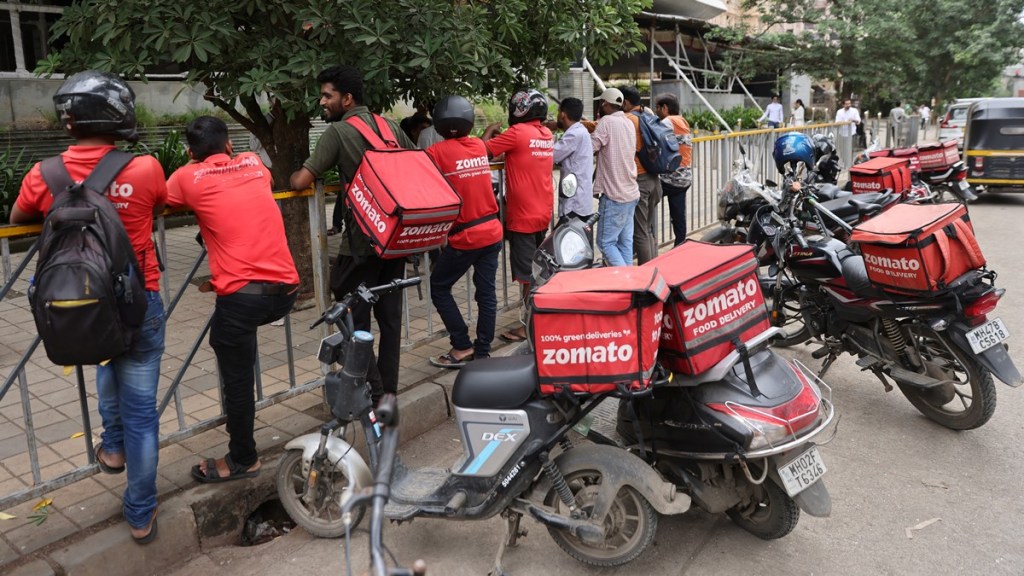The festive season added nearly 700,000 gig jobs across the country, which is around 10% more than the non-festival period hiring, as e-commerce and retail companies hired more hands to meet the increased demand for consumer goods. The total number of gig workers before the festival period addition was estimated to be around 7-8 million.
“Consumer demand during the festive season has been more than what the companies had expected. They needed more people to care for that so they hired more contractual staff,” said Balasubramanian A, vice president and business head at TeamLease Services, in an interaction with Fe.
For comparison, last year about 400,000-500,000 gig jobs were added during the festive season. This year, the surge largely came from e-commerce or logistics companies who hired for roles such as delivery personnel, and warehouse operations personnel, and also from retail companies who hired for sales and service technicians.
Consumer demand witnessed a significant spike right from the beginning of Navaratri week this year, Balasubramanian said, adding that the surge in demand was aided by cooling inflation and the subsequent price stability which wasn’t there a year ago.
The last couple of years have seen dampened festive season sales due to the lingering effects of the pandemic and then severe inflation induced by the Russia-Ukraine war. A rise in input costs for consumer goods was subsequently passed on to the customers, which in turn impacted demand sentiments.
However, consumer price inflation seemed to be cooling off this festive season. As per October data, retail inflation eased to a four-month low of 4.87% from 5.02% the previous month.
“So because of these aspects, companies were very buoyant about spending this year and they were right,” he said. Companies usually ramp up hiring for the festive season between August and November, as demand largely falls flat by December end.
Within India, cities such as Bengaluru, Chennai, Hyderabad, and even tier II cities such as Coimbatore, and Kochi are making up for the bulk of this hiring. “It is the southern metros which are really breaking out in terms of the demand,” Balasubramanian noted.
These states have higher consumption compared to the rest of the country but they lack the population to support that demand. “We end up having to migrate people from the north and eastern states of the country to the southern states of the country to be able to fulfill that demand,” he said.

